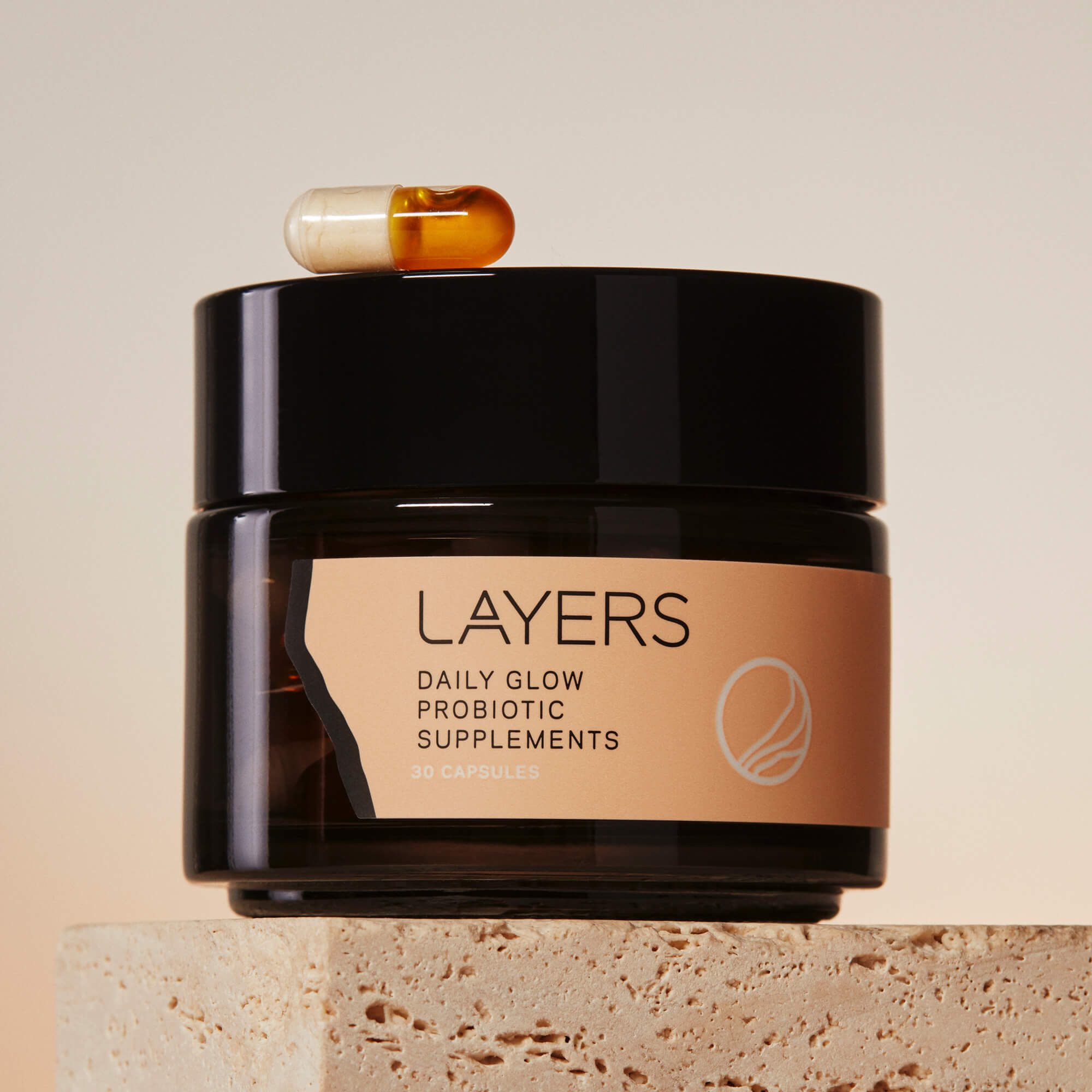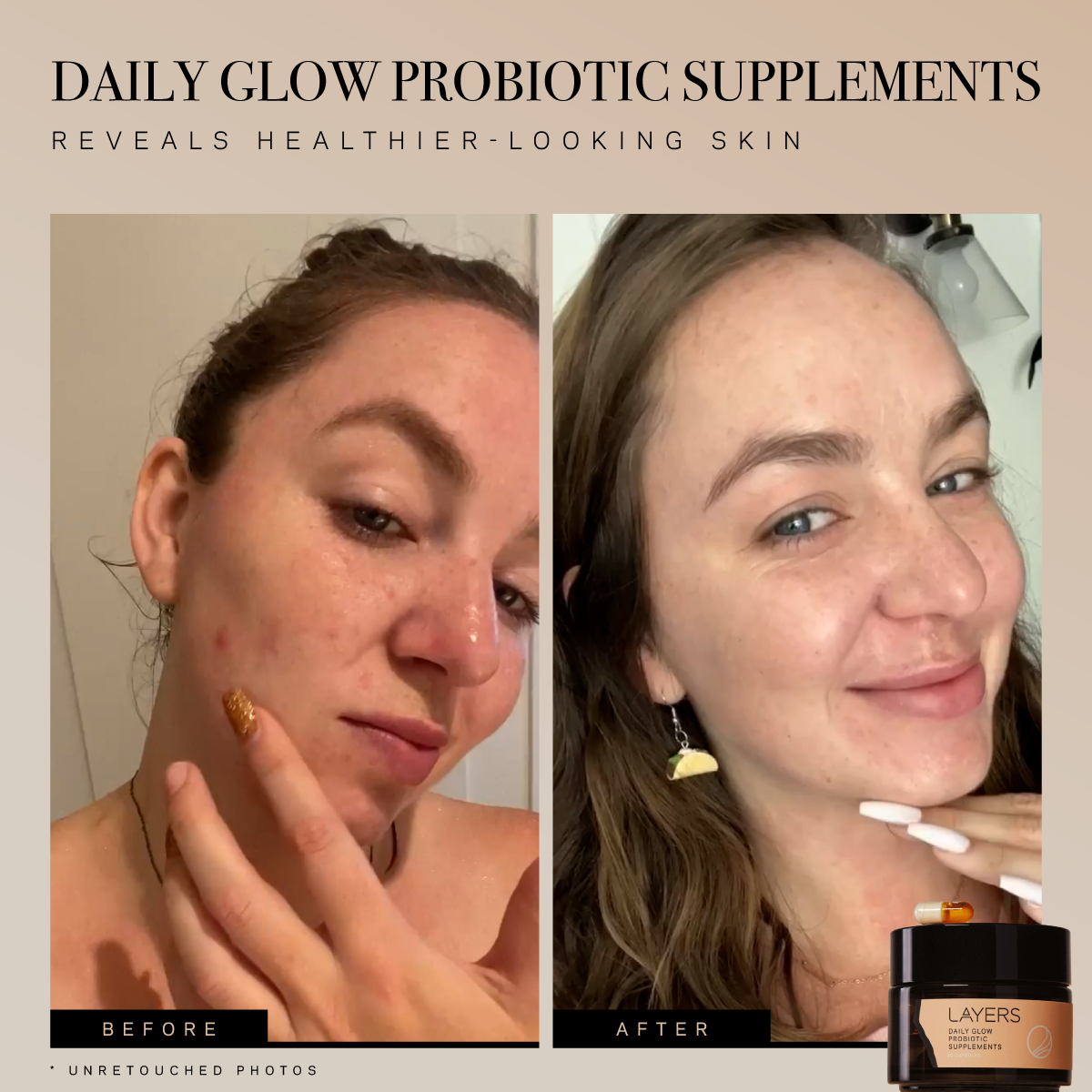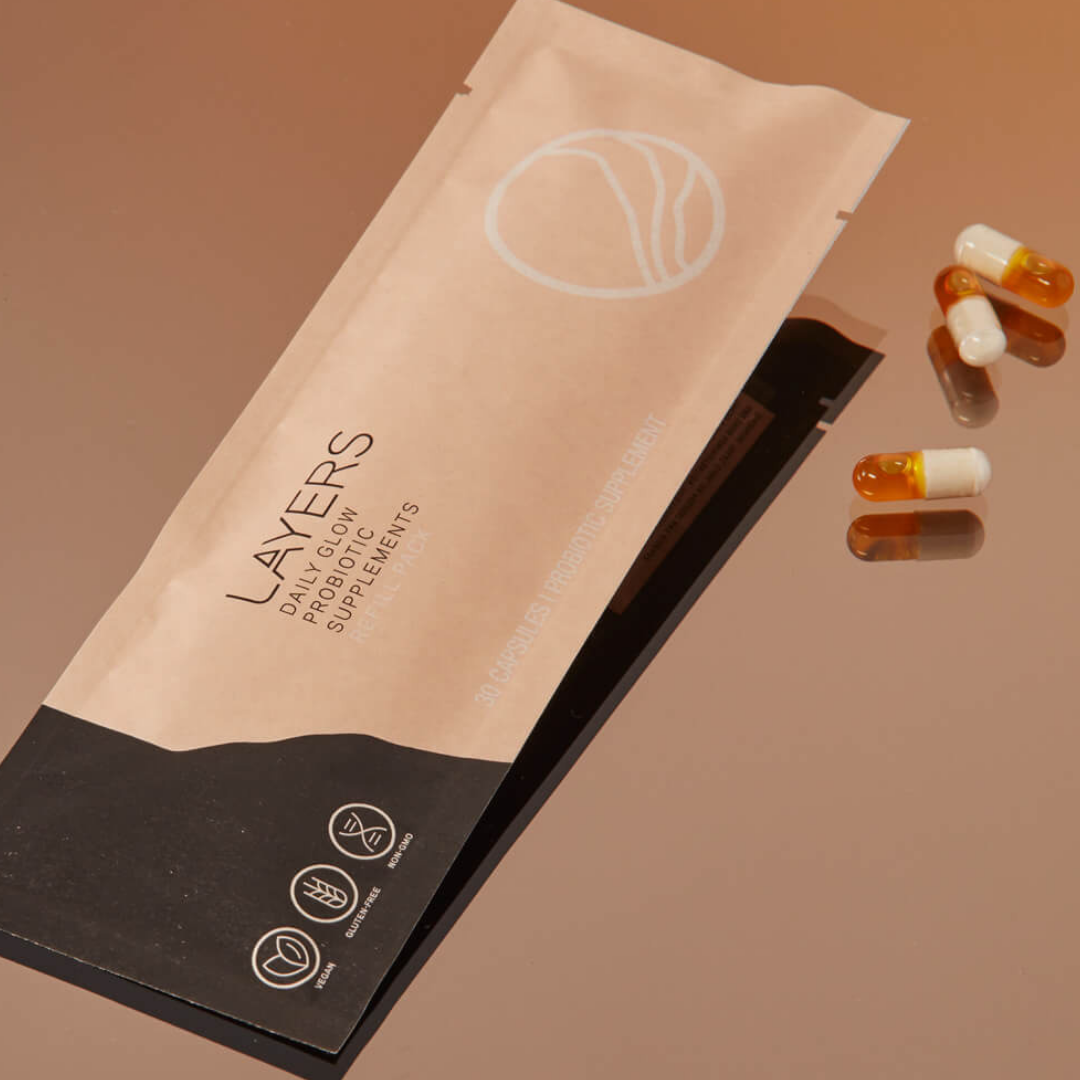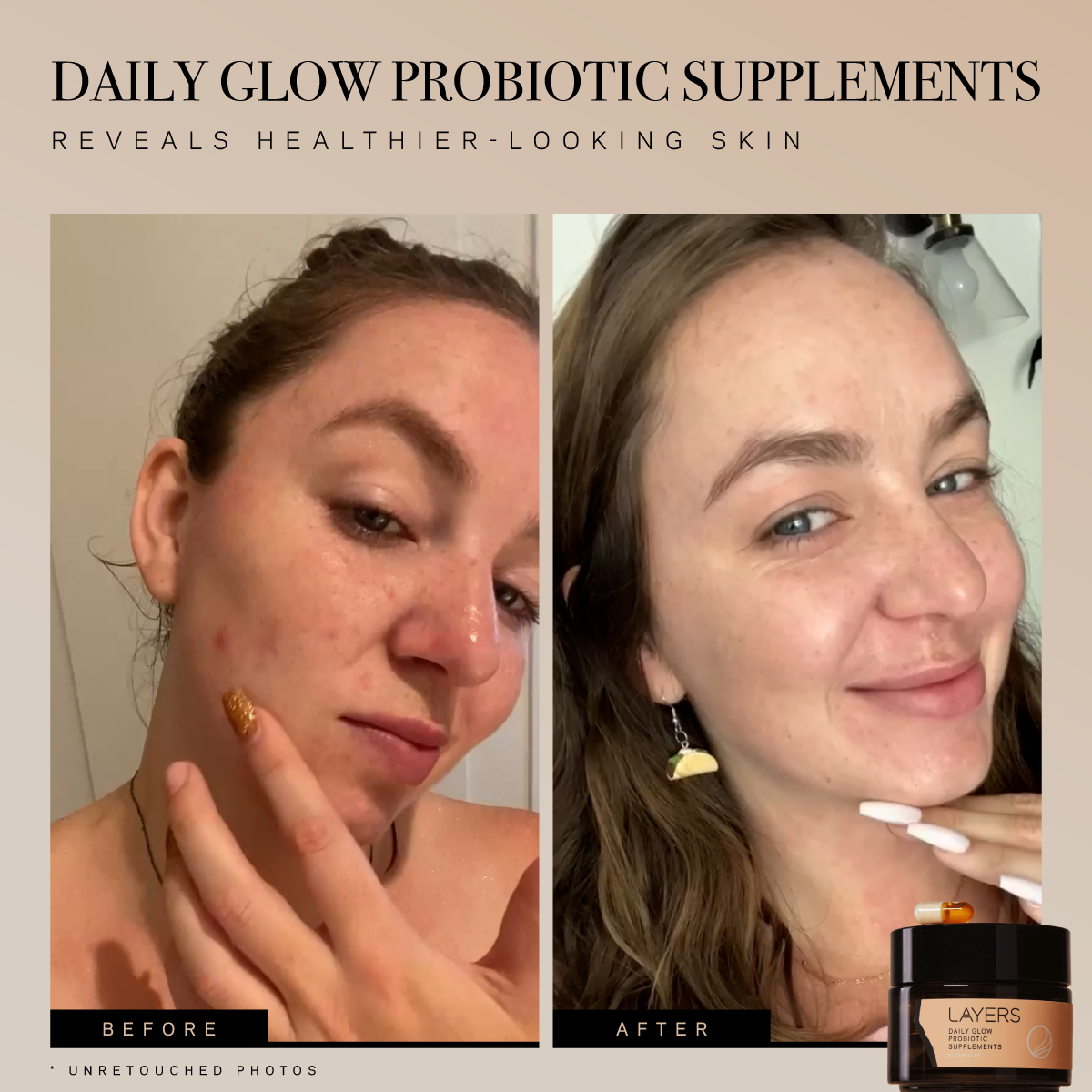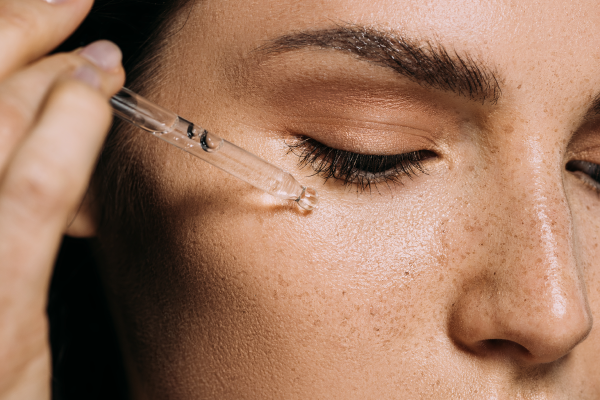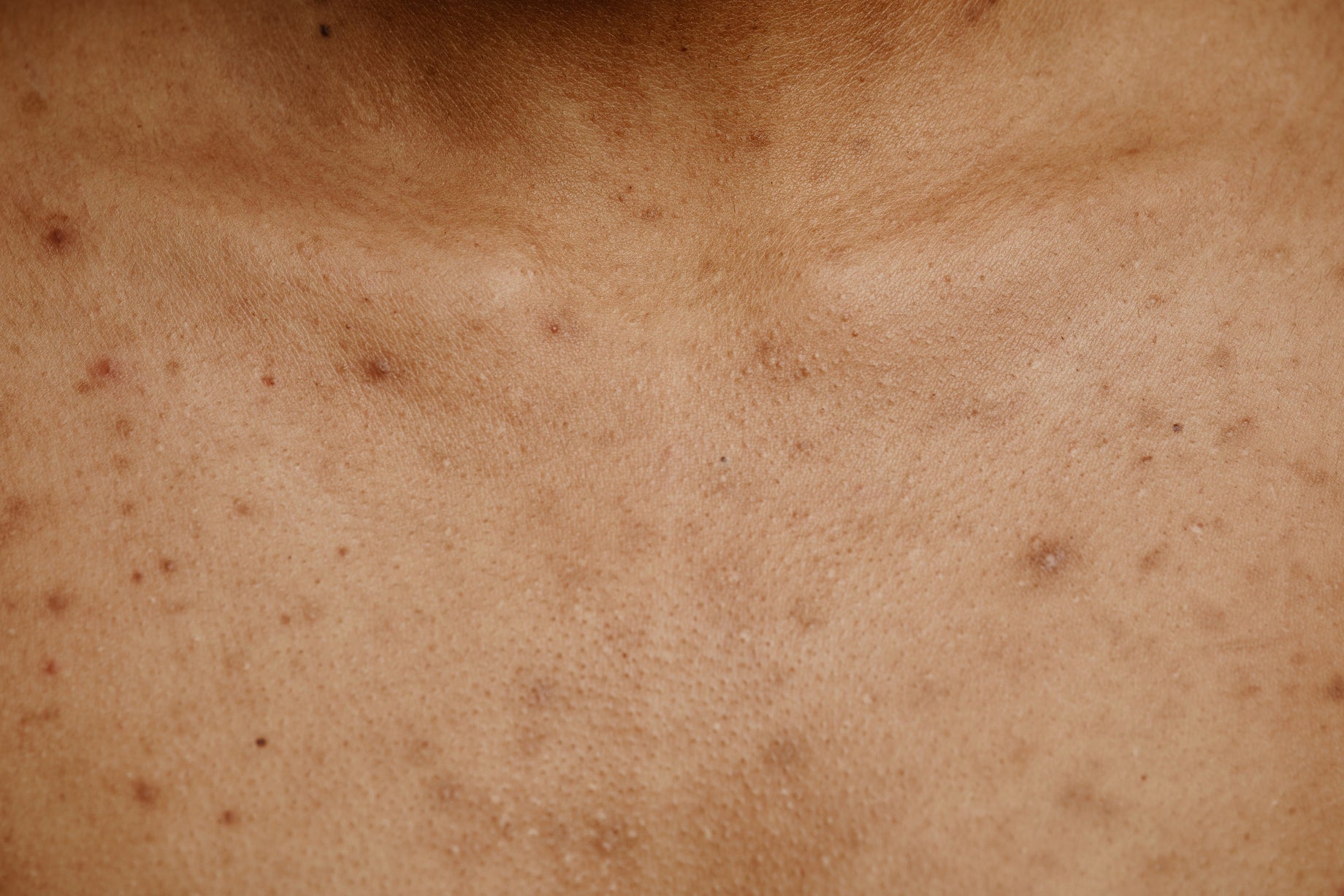Worried that acne scarring is a life sentence? Saying goodbye to stubborn scars is possible. Here’s what you need to know.
Acne scars can be a source of significant stress. They leave us with visible reminders of past skin struggles- and the wave of emotions that come along for the bumpy ride. The good news is that while acne scars were once considered a permanent skin condition, modern dermatology offers a number of effective treatments that can significantly reduce their appearance. In many cases, some treatments can eliminate them almost completely.
WHAT ARE THE DIFFERENT TYPES OF ACNE SCARS?
Understanding the type of acne scars you’re dealing with is the first step toward addressing them (and possibly even giving them the boot forever). The treatment approach depends on the type of scarring, so you have to start by identifying the culprit.
There are 3 types of acne scarring:
- Atrophic Scars: These are the most common type of scarring. They’re caused by lost tissue and appear as depressions in the skin. They typically fall into three categories:
- Ice pick scars: Deep, narrow scars that look like small puncture wounds
- Boxcar scars: Wider, more defined scars with sharp edges
- Rolling scars: Shallow, wave-like depressions in the skin
- Hypertrophic Scars: Raised scars that occur when the body produces too much collagen during healing
- Pigmentation Scars: Dark or red marks left behind after acne heals
HOW TO TREAT ACNE SCARS
There are several ways to address acne scarring once you know what type of scarring issue you want to treat. The level of treatment is based on the severity of the scarring. There are professional and at-home options, and sometimes a combination of both can work wonders.
Professional Treatments
- Laser Therapy: Laser treatments have revolutionized scar treatment, and if you have deep scarring, this is an effective route to take. Different types of lasers target specific scar concerns:
- Fractional laser treatment is a non-invasive method that delivers a laser beam that focus on thousands of microscopic zones. It targets a fraction of the skin at a time.
- Ablative lasers remove outer skin layers while simultaneously heating the underlying skin,or the dermis layer. This stimulates collagen production and results in smoother skin in over time.
- Non-ablative lasers stimulate collagen production without damaging or removing the surface layer. This process gradually improves skin texture while minimizing downtime.
- Microneedling: This procedure involves creating tiny punctures in the skin to stimulate natural healing and collagen production. When combined with platelet-rich plasma (PRP), results can be even more pronounced.
- Chemical Peels: Deep chemical peels can help reduce the appearance of shallow scars by removing the top layer of skin and promoting new skin growth. These can have long recovery times, however, and can cause real discomfort in the days after.
- Dermal Fillers: For atrophic scars, dermal fillers can temporarily lift and smooth out depressed areas, providing immediate improvement. Injections will need to be touched up on average every 6-9 months.
At-Home and Topical Treatments
While professional treatments offer the most dramatic results, several at-home options can help improve scar appearance. If you’re following any professional treatment with an at-home treatment, be sure to discuss it first with your dermatologist so you don’t irritate your skin.
- Retinoid Creams (prescription and over-the-counter):
- Increase cell turnover
- Stimulate collagen production
- Improve overall skin texture
- Vitamin C Serums:
- Reduce hyperpigmentation
- Boost collagen production
- Brighten overall skin tone
- Silicone-Based Products like silicone sheets or gels:
- Flatten raised scars
- Reduce scar thickness
- Improve overall scar appearance
HOW EFFECTIVE ARE ACNE SCAR TREATMENTS?
Acne treatments have come a long way, and the good news is that yes, many can be highly effective. It’s good to keep in mind, however, that results can vary. Before choosing any treatment, it's important to first recognize what you’re dealing with, that way you’ll have a more realistic idea of what kind of results you can expect.
Here’s what to consider :
- The age of the scar
- Your skin type and tone
- The depth and type of scarring
- Your individual healing capabilities
- The consistency of treatment
THE POWER OF PREVENTION: 5 TIPS FOR AVOIDING ACNE SCARRING
While treating existing scars is possible and often highly effective, doing what you can to prevent scarring is always the best approach. Most of the scientific evidence for the effective treatment of acne aligns directly with advice for preventing it in the first place. A recent 2024 study concluded the following:
“In conclusion, this section of the paper advocates a holistic approach to acne treatment, one that incorporates not only topical and systemic therapies but also considers the patient’s lifestyle, environmental exposures, and microbial interactions. It calls for continued research into the gut–skin axis and its implications for acne, suggesting that future therapies could greatly benefit from integrating dietary and lifestyle modifications to support overall skin health and reduce acne severity. The ultimate goal is to move toward more personalized, effective, and sustainable acne management strategies that address the root causes of acne rather than just its symptoms.”
If you struggle with acne now or acne scarring from the past, then there are several things you can do now to prevent acne and future scars:
- Don’t pick! Avoid picking or squeezing acne- no matter how tempting it may be. It’s the choice between dealing with it for a few days or a few years. Days are way shorter.
- Treat active acne when it starts. Reach for anti-inflammatory skincare heroes like milk thistle, ceramides, pomegranate extract, and probiotic-enhanced skincare to calm the skin and reduce inflammation.
- Use gentle, non-comedogenic skincare products. The clean beauty trend has naturally helped prevent breakouts just by omitting countless unnecessary potential skin irritants.
- Protect skin from sun damage
- Maintain a consistent skincare routine. It’s important to keep the pH of your skin microbiome in balance. Everytime you change up your products, your skin keeps itself busy adjusting to the new routine. That means it has less time to do its full time job, which is to protect you from the elements. Stick to a gentle skincare product line that’s based on natural ingredients to keep your skin happy and balanced.
Acne scars can be frustrating to deal with, but they aren’t a life sentence. With today’s advances in acne scar treatments, the future is actually looking pretty bright. Keep in mind that your skin has an incredible capacity to heal and regenerate- that’s what it’s designed to do.
While airbrushed perfection might not be possible, dramatic improvement certainly is. No matter where you are on your skincare rollercoaster, it’s important to start treating your skin the right way now. Prevention and dermatological science are both here to help get you closer to the clear, confident skin you want to live in.

